A partner you can trust
Maximize Your Boat's Performance: Choosing the Right Marine Battery Cable for Optimal Efficiency
When it comes to optimizing your boat's performance, one of the most critical yet often overlooked components is the marine battery cable. According to the National Marine Manufacturers Association, approximately 25% of boating problems stem from electrical issues, underscoring the importance of using high-quality cables. The right marine battery cable facilitates superior electrical flow, reducing energy loss and enhancing overall efficiency. For instance, studies indicate that inadequate cable gauge can lead to voltage drops of up to 10%, significantly affecting engine performance and battery life. By selecting the appropriate marine battery cable, boaters can ensure improved reliability and performance, making it essential for both recreational and professional maritime activities. Understanding the specifications, such as gauge and length, as well as the materials used, can lead to better decision-making and a more enjoyable boating experience.
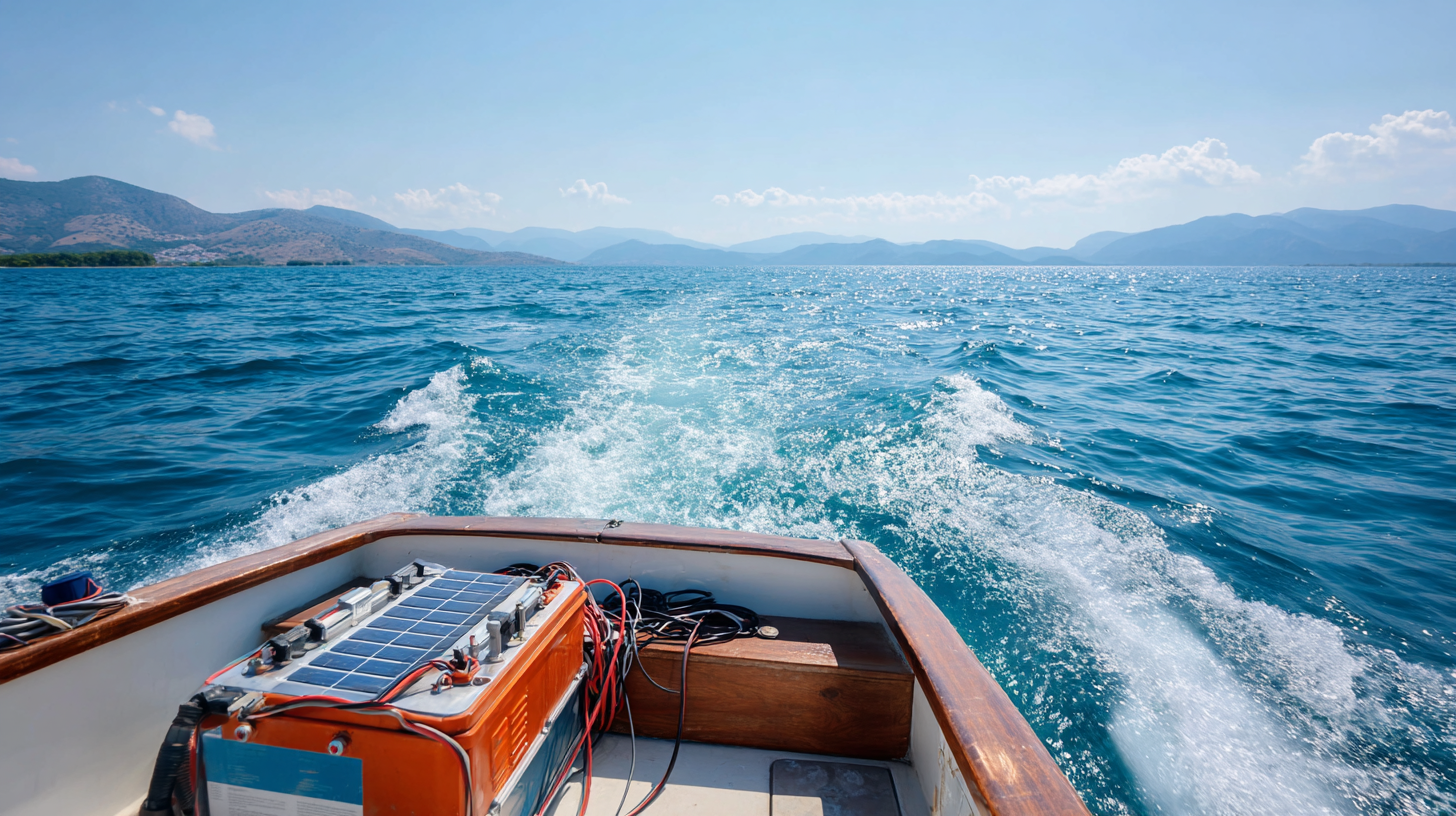
Choosing the Right Gauge: Understanding AWG Standards for Marine Battery Cables
When it comes to enhancing your boat's performance, selecting the right gauge of marine battery cable is crucial. The American Wire Gauge (AWG) standard helps you understand the appropriate thickness of wire needed to efficiently transmit power without excessive loss. Thicker cables, represented by a lower AWG number, minimize resistance, making them ideal for high-power applications. Conversely, thinner cables may suffice for smaller systems, but they can lead to inefficiencies and potential damage over time.
One essential tip is to calculate the total length of the cable run, as longer distances require thicker cables to maintain performance. For example, if your battery is positioned far from the engine or electrical components, opt for a lower gauge to prevent voltage drop. Additionally, consider the amperage draw of your devices; the greater the load, the thicker the cable should be.
Another helpful tip is to always check for marine-grade cables, which are designed to withstand the harsh conditions of a marine environment. These cables are often coated to resist corrosion, ensuring a longer lifespan. Investing in the right marine battery cables not only boosts efficiency but can also provide peace of mind while you’re out on the water.
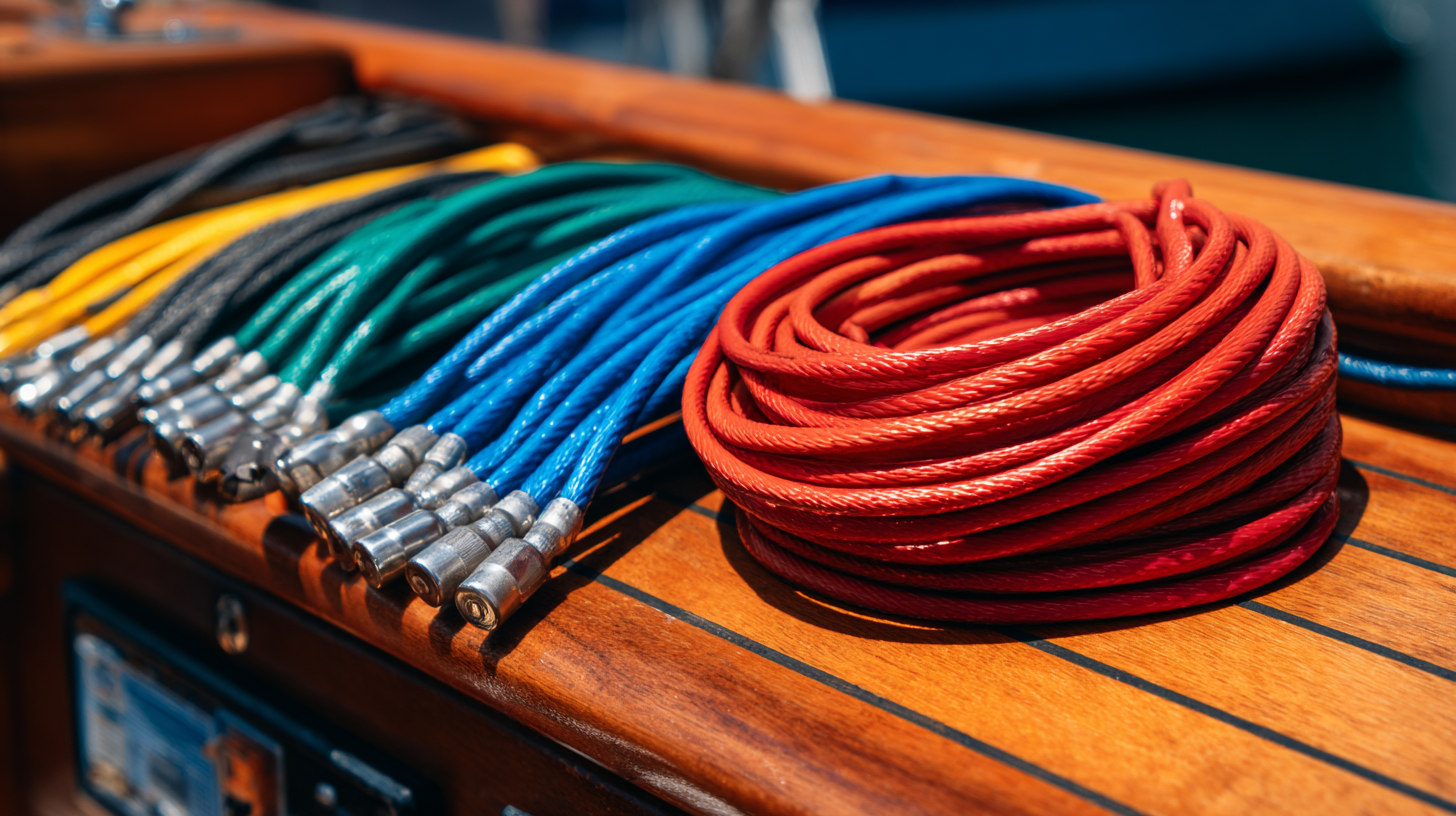
Evaluating Materials: Copper vs. Aluminum and Their Impact on Performance
When it comes to maximizing your boat's performance, selecting the right marine battery cable is crucial. One of the primary considerations in this selection process is the material of the cable itself, with copper and aluminum being the most common options.
Copper is widely favored in marine applications due to its superior conductivity, which allows for efficient energy transfer and less power loss during operation. This means that boats equipped with copper cables can experience improved throttle response and overall performance, particularly under heavy loads.
On the other hand, aluminum cables present a cost-effective alternative. While they are lighter and typically more affordable than copper, their conductivity is lower and can lead to increased resistance over longer distances. This can result in voltage drops that hinder the performance of electrical systems and may require thicker cables to achieve similar results as copper. Additionally, aluminum is more prone to corrosion in marine environments, which could compromise its longevity and reliability. Therefore, while both materials have their merits, the choice between copper and aluminum should be based on specific performance needs, budget considerations, and the potential impact on the boat's efficiency.
Length Matters: Calculating Voltage Drop and Cable Length for Efficiency
When it comes to enhancing your boat's performance, the length of your marine battery cable is crucial. Voltage drop occurs when electrical current travels through a conductor, and it can significantly impact the efficiency of your boat's electrical systems. Longer cables introduce more resistance, which can lead to a noticeable drop in voltage. This can result in underperformance of electrical components, making it essential to calculate the optimal cable length to minimize resistance and enhance efficiency.
To ensure that your marine battery operates at its best, it's important to measure the distance from the battery to the load while considering the type of application. As a rule of thumb, keeping cable runs as short as possible can help reduce voltage drop. Moreover, larger gauge cables can mitigate voltage loss over longer distances. By carefully selecting both the length and gauge of your marine battery cables, you can maintain optimal voltage levels, ensuring that your boat's electrical systems run smoothly and efficiently, capitalizing on the full potential of your vessel's power source.
Maximize Your Boat's Performance: Voltage Drop vs. Cable Length
As seen in the chart, the voltage drop increases with the length of the marine battery cable. It's essential to choose the right length to minimize efficiency loss and maximize your boat's performance.
Maximizing Connections: The Importance of Quality Terminals for Optimal Current Flow
When it comes to maximizing your boat's performance, the quality of the marine battery cables
and their terminals cannot be overlooked. High-quality terminals play a crucial role in ensuring optimal current flow between
the battery and various electrical components. According to a report by the National Marine Electronics Association (NMEA),
improper connections can lead to voltage drops of up to 15%, adversely affecting the efficiency of onboard systems.
This underlines the significance of ensuring that connections are not only secure but also made from materials that offer
low resistance.
Moreover, the right terminals can minimize the risk of corrosion and extend the lifespan of your
electrical system. A study conducted by the
American Boat and Yacht Council (ABYC) indicated that over 30%
of electrical failures in boats are due to poor connections. Utilizing terminals made from tinned copper,
for instance, can enhance corrosion resistance, ensuring reliable performance even in harsh marine environments.
By prioritizing both high-quality marine battery cables and quality terminals, boat owners can significantly improve not only the efficiency of their
electrical systems but also the overall longevity and safety of their vessels.
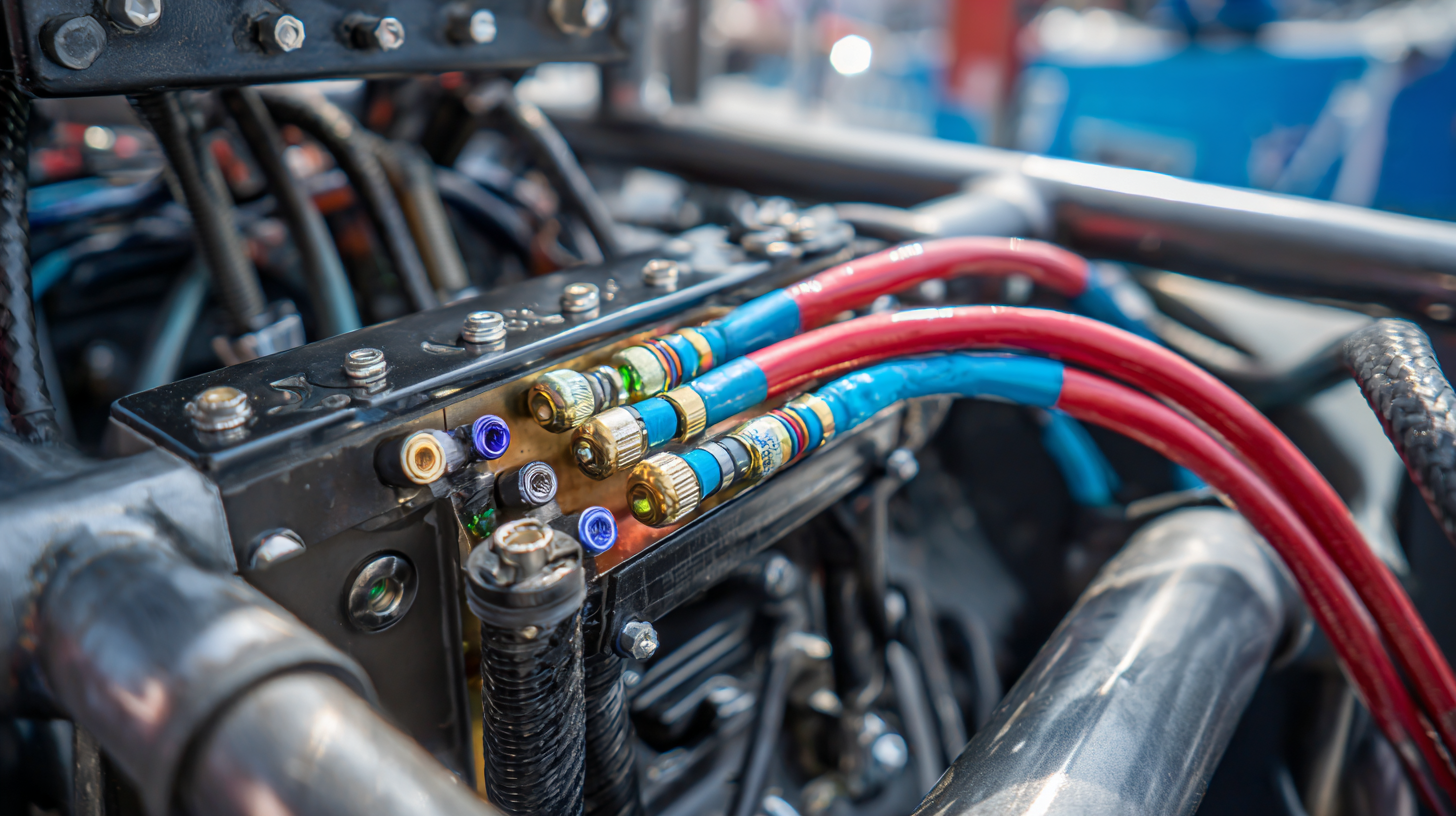
Regular Maintenance Tips: Ensuring Longevity and Performance of Marine Battery Cables
Regular maintenance of marine battery cables is essential for ensuring both their longevity and optimal performance. According to the National Marine Manufacturers Association, approximately 25% of boat electrical system failures can be attributed to poor connections and corroded cables. To prevent this, it’s crucial to inspect cables regularly for signs of wear, corrosion, and fraying, as well as ensuring that all connections are tight and secure. Utilizing appropriate marine-grade cables can also play a significant role; these cables are designed to withstand harsh marine environments, reducing the risk of deterioration over time.
In addition to regular inspections, periodic cleaning of battery terminals and connections is vital. Utilizing a mixture of baking soda and water can effectively neutralize corrosion and extend the lifespan of your cables. A study from the American Boat and Yacht Council indicates that routine maintenance can increase battery life by up to 30%. Furthermore, investing in high-quality connectors and terminal ends can dramatically reduce resistance, leading to more efficient power transfer and better overall boat performance. By implementing these maintenance practices, boat owners can maximize not just their marine battery’s functionality but also enhance the overall reliability of their vessel.
Related Posts
-

How to Choose the Right Flexible Cable Conduit for Optimal Electrical Safety
-

Essential Guide to Understanding Twin and Earth Cable Specifications and Applications
-

Advantages of Choosing High Quality Electric Cable for Your Projects
-

The Ultimate Guide to Sourcing the Best Wire and Cable Products for Your Business
-

7 Essential Tips for Choosing the Right Power Extension Cable for Your Needs
-
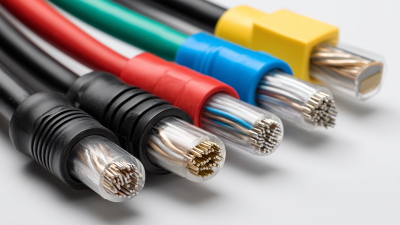
How to Choose the Right Micro Coaxial Cable for Your Application
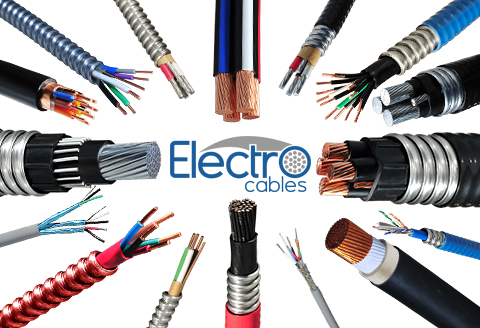
Products
Products
LEARN MORE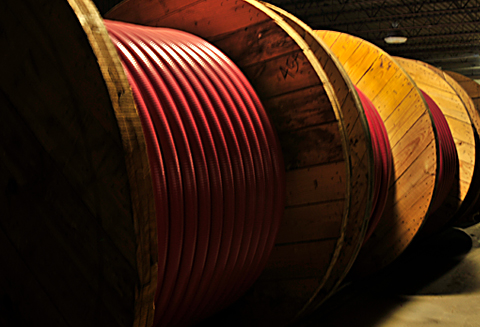
Current Inventory
Current Inventory
LEARN MORE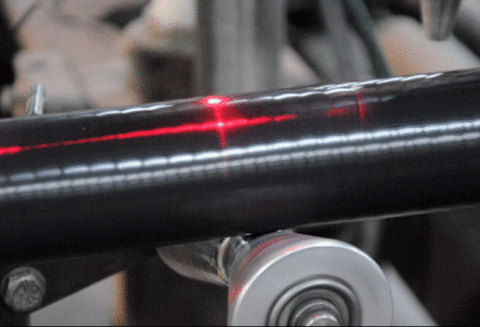
Custom Solutions
Custom Solutions
WE CAN HELPLighting Power & Control-Signal Cable
This content is restricted to site members. If you are an existing user, please log in. New users may register … LEARN MORE “Lighting Power & Control-Signal Cable”
LOOKING
FOR HELP?
We are here to help. You can contact us or create an account online to have access to special products, technical specifications and our new online quote tool.
ELECTRO CABLES
9 Riverside Drive
P.O. Box 276
Trenton, Ontario
CANADA K8V 5R5
N.A. Toll Free: 888-ELECTRO
(1-888-353-2876)
World: 613-394-4896
Fax: 613-394-4101
Email: sale@machinecables.com
We manufacture cables that are certified by the Canadian Standards Association (CSA), listed by Underwriters Laboratories and/or listed by Intertek (ETL).
Our quality management system is registered to ISO 9001: 2015. Our team is dedicated to consistently providing quality service and products to our customers.

© 2025 ELECTRO CABLES • SITE BY SNAP 360•
